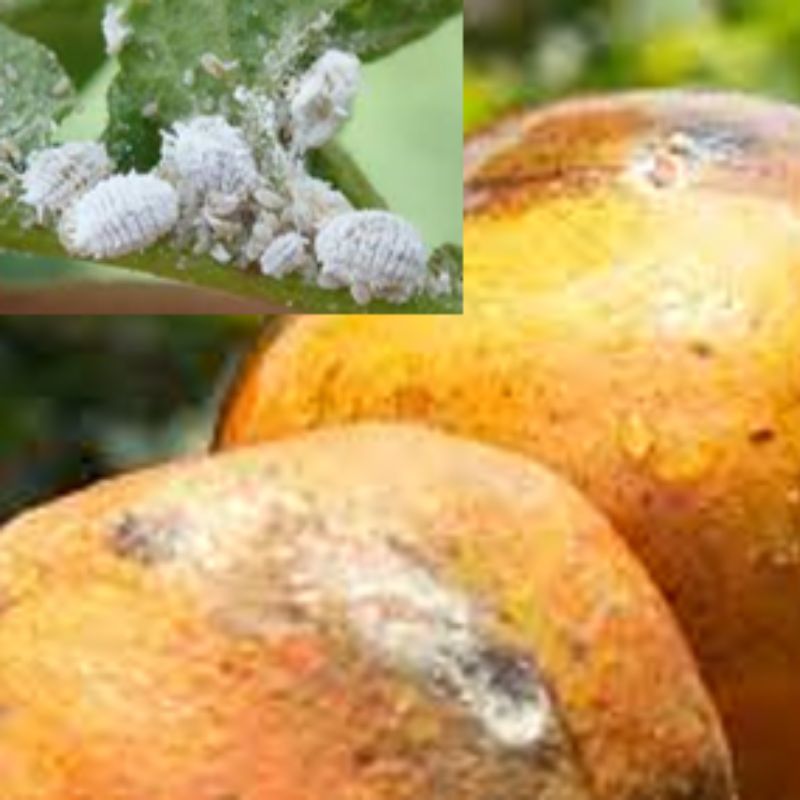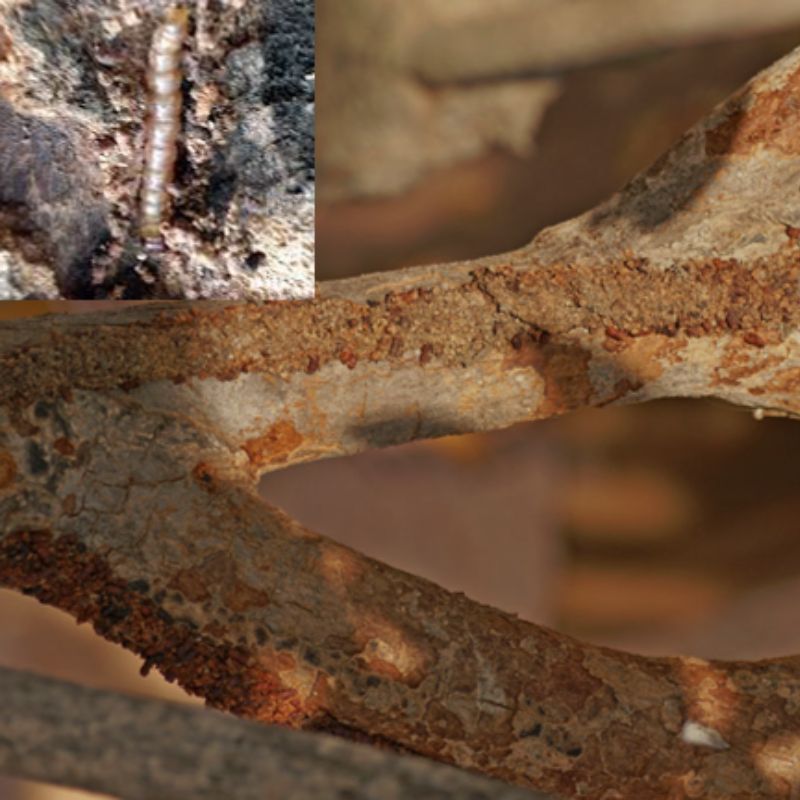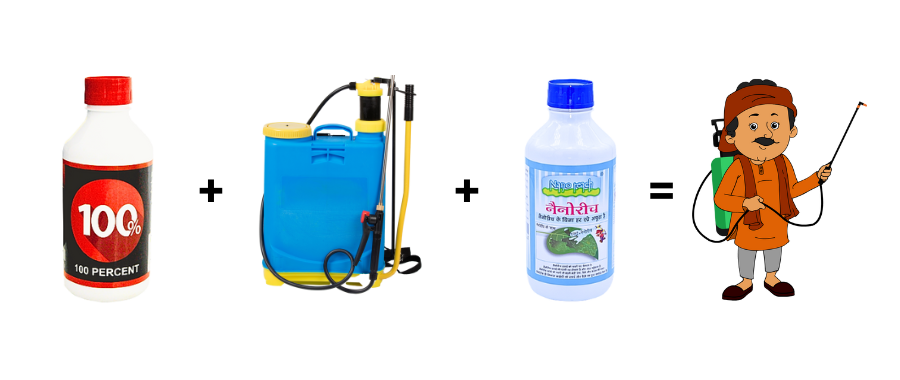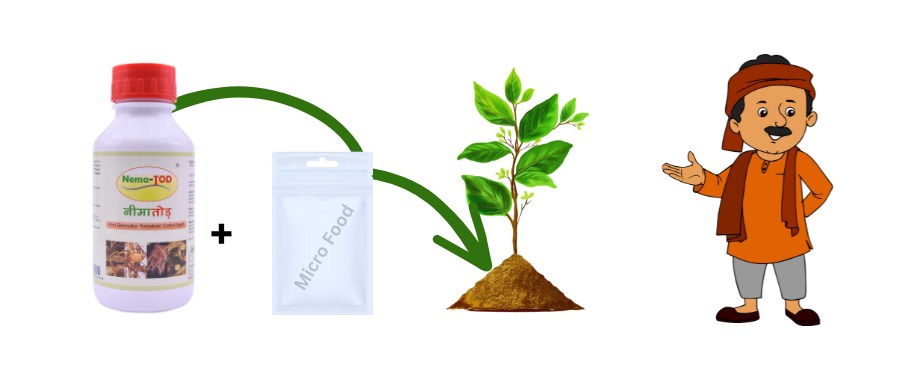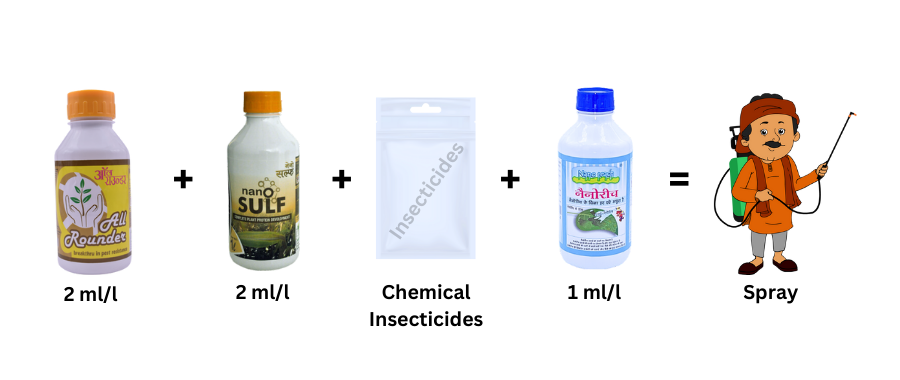Grow Pomegranate With Huntin

Grow Spotless

High Colour

Super Size
Almost 90% or more pomegranate farmers are not able to grow quality pomegranate.
Plant dies because of pest and disease attacks.
Be free from insect pests and disease
Permanently Now and Forever
Diseases
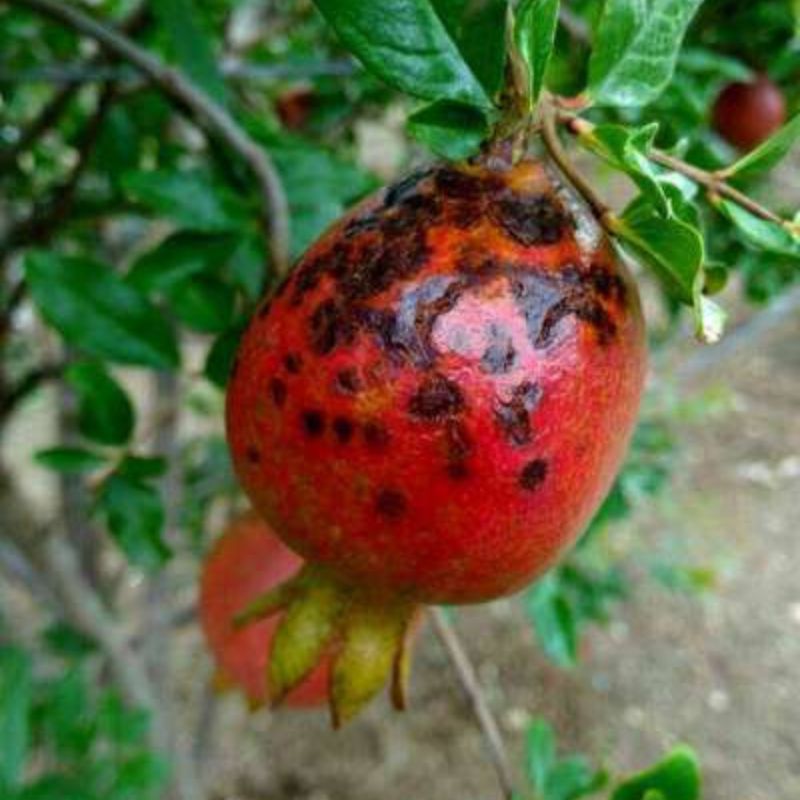
Bacterial blight
Xanthomonas auxonopodis pv. punicae

Wilt
Ceratocystis fimbriata

Anthracnose
Colletotrichum gloeosporioides
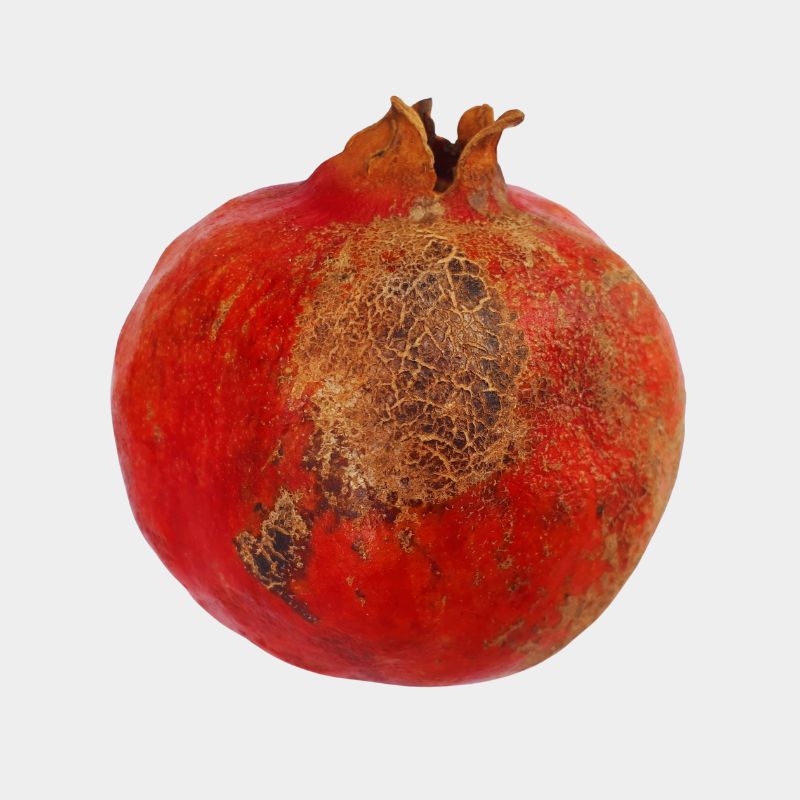
Scab
Sphaceloma punicae

Cercospora spots
Cercospora punicae

Aspergillus Fruit rots
Aspergillus niger & Aspergillus foetidus
Do you also want to increase your "Pomegranate Crop" yield?
Results
Discover the impressive results of our Pomegranate protection solutions, safeguarding your crops and maximizing yields. Experience healthier Pomegranate crops with Huntin.

Before Huntin Solutions

After Huntin Solutions
Simple Solution To Pomegranate Crop
Protect your Pomegranate crop with Huntin’s simple and effective solutions, ensuring good quality crop. Explore our solutions for sustainable Pomegranate protection.
FAQs
Yes, all Huntin Products are 100% residue free, effective and safe for everyone.
Yes, Huntin products are advised to use repeatedly again, and again, it will work more and more effectively with repeat use.
No, all Huntin products are totally harmless, residue-free, and safe for honey bee, predators, soil earthworms, waterbodies, biodiversity. In fact, many of the Huntin products reduce the toxicity caused by many dangerous chemicals regularly used in farming.
Everything is linked to how we utilize energy and use for production like in pomegranate, if farmers plan the fertigation based on 40 metric tone or more target yield, day wise, week wise, month wise improvement can take the yield even more than 40 metric tone. But it is really possible with step-by-step compounding effects, one of the missing links is ignorance of biology in the soil, which is the foundation for high yield, 100% true chemistry can be zero without good biology. By using seed grow++ as per Huntin's schedule and other fertilizer planning, this 40 metric tons/acre every year is achievable.


